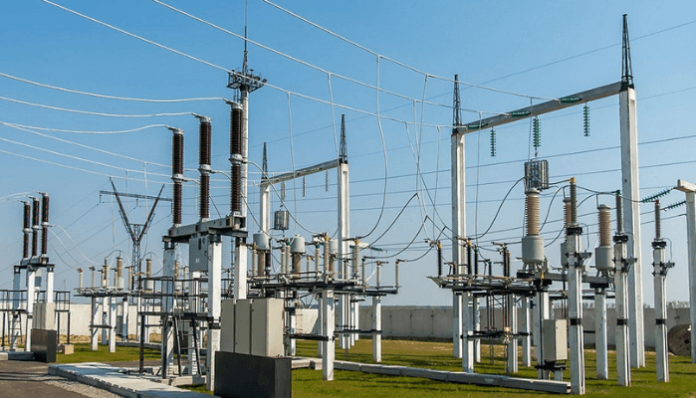THE greatest threat yet to university education in Nigeria is the exorbitant electricity tariffs to which they are currently subjected by the electricity distribution companies (DISCOS) in concert with the Nigerian Electricity Regulatory Commission (NERC). Since they were placed under Band A category of electricity consumers, their monthly energy cost has risen by about 100 per cent, plunging them into unprecedented financial and operational pains.
The University of Lagos, for instance, said its monthly energy bill had risen from N150million to N300million since their migration to Band A. The University of Nigeria’s tariff rose from N80million to N150million while that of Bayero University Kano climbed from N30million to N100million monthly. Available statistics further shows that Abubakar Tafawa Balewa University had its bill raised from N30million to N55million per month.
The threat got even more frightening when the University of Jos got disconnected from the national grid when it could no longer pay its bill of N100million, up from N20million per month. Babcock University in Ogun State, a private institution, is currently reeling under the weight of the N300million it coughs out monthly to pay electricity bill.
Virtually, all the universities are lamenting the unexpected and outrageous hike in energy tariff. The president of the Academic Staff Union of Universities (ASUU), Professor Emmanuel Osodeke, while berating the DISCOS and NERC for the new billing, revealed that the 274 universities in the country hitherto paid a total of N5.25billion electricity bill monthly or N63.02billion yearly. But now, under the Band A rating, they pay N21.48billion per month or N275.76billion yearly. The new system, according to him, is terrible and unfair.
The universities are digging for a reversal of the electricity tariff and taking them off the Band A rating. As social institutions, mostly, the universities are established as centers of learning, research and development, innovation, skill development and acquisition, and promotion of entrepreneurship, among others. All of the above roles stand to be severely compromised if the tariff yoke imposed on them remains. The universities produce the needed manpower for national development.
Before the introduction of the new range of tariffs, some universities were really struggling to pay their bills. The exorbitant energy bill, quite honestly, is a cog in the wheel of university education, drastically limiting their capacity to serve the nation’s overall interests. The new tariff is a nightmare, and antithetical to what university education stands for globally.
Be that as it may, the tertiary institutions, in the face of the current crisis, should wake up from slumber and seek urgent solution to the challenge. With their faculties of engineering and technology, and related academic programmes, they are better equipped to establish their own electricity systems respectively, to serve their campuses. They are not in want of the necessary academic and technological personnel to champion the creation of their independent power infrastructure. Where and when necessary, the state should assist them to establish the energy systems.
It is gratifying to note that arising from the outcry of the universities against the sharp increase in the electricity bills, President Bola Tinubu, reportedly, approved a 50 per cent energy subsidy for the universities recently. This is cheery news for the entire university community and the nation at large. But this is a temporary measure as it could be removed at any time. It may not be eternal, which is why we are of the view that the presidential intervention should be backed with the appropriate legislation by the national legislature to make the gesture legal and of enduring nature.
While we commend the President for his intervention, it is our strong view that the universities should pursue the goal of establishing their own independent power infrastructure. They should be challenged by the energy mess, and motivated by the exploits of a fellow academic, Professor Barth Nnaji, founder of Geometric Power Limited, which has established an independent power plant in Aba to serve the entire Abia State. The erudite scholar and former Minister of Power should be consulted for assistance, if possible, by his colleagues in the universities to overcome the energy problems.


